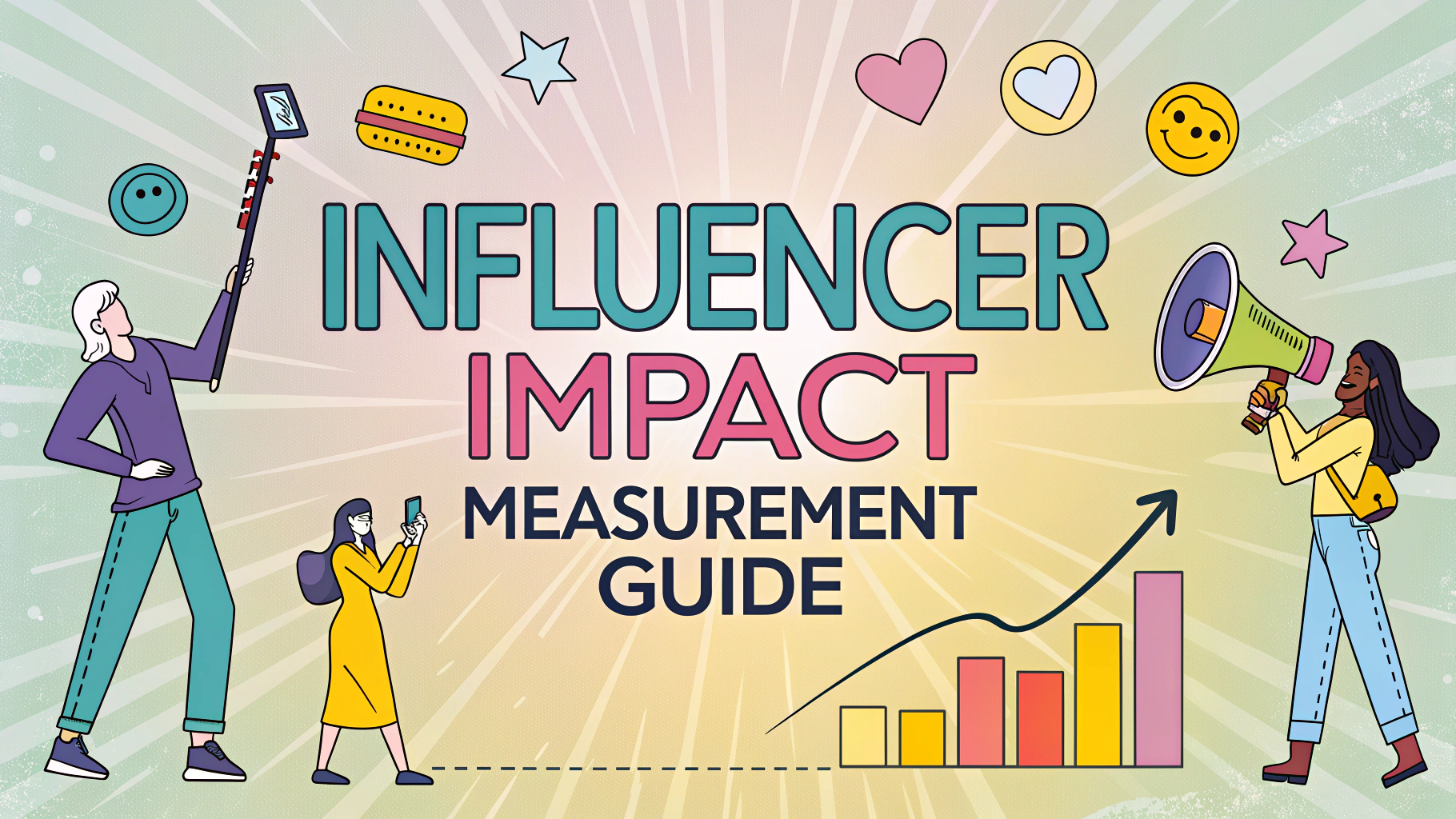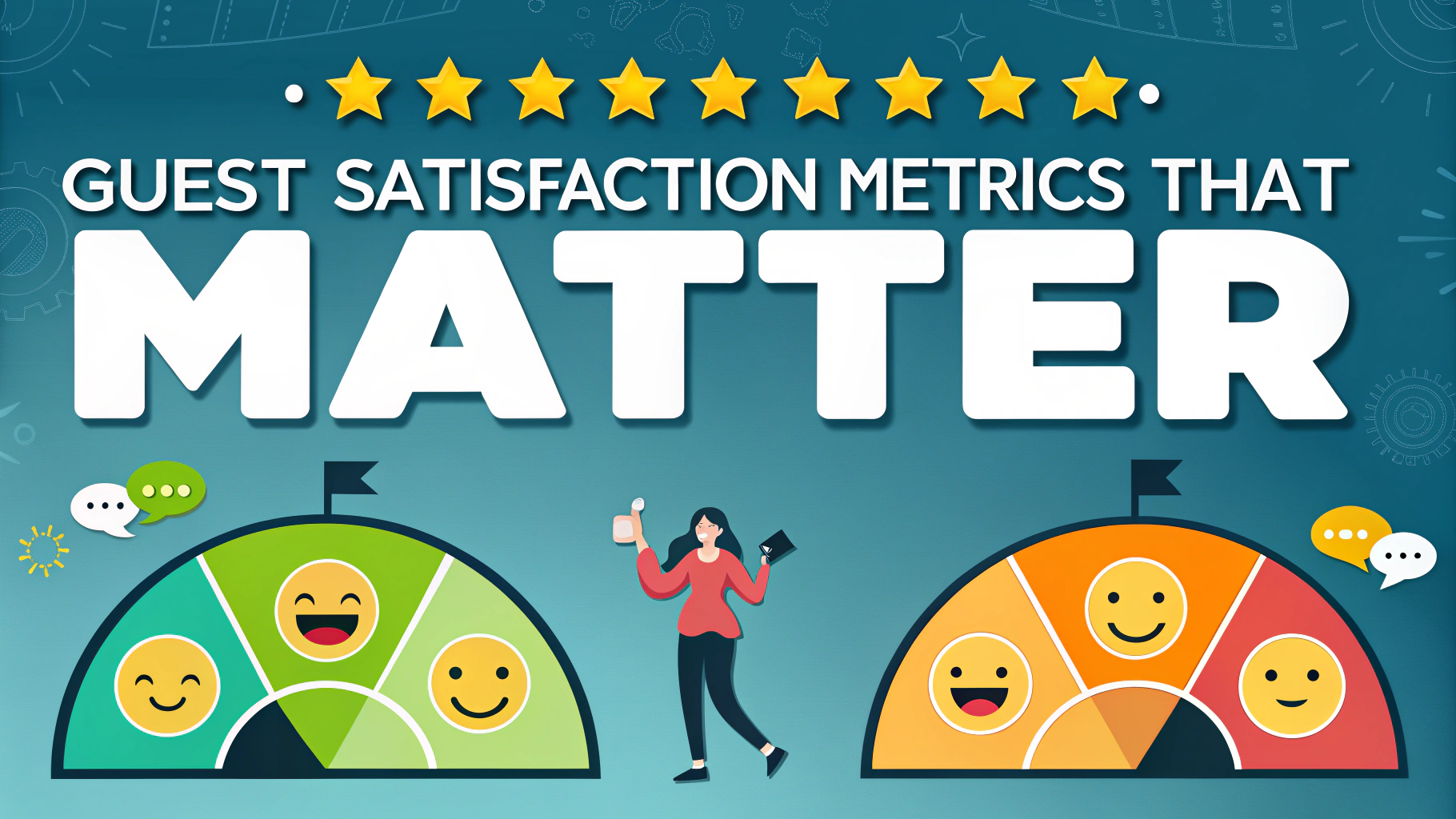Measuring success in wedding marketing helps hotels optimize their strategies and increase bookings for this lucrative segment.
Understanding key performance metrics allows properties to allocate marketing budgets effectively and focus on tactics that drive real results.
This guide explores essential wedding marketing metrics and provides actionable ways to track and improve your hotel’s wedding business performance.
Key Metrics for Wedding Marketing Success
- Inquiry conversion rate: Track the percentage of wedding inquiries that convert to bookings
- Revenue per wedding: Average revenue including rooms, F&B, and ancillary services
- Lead response time: How quickly your team responds to wedding inquiries
- Website engagement: Time spent on wedding pages, photo gallery views, virtual tour clicks
- Social media metrics: Engagement on wedding-related posts, story views, saved posts
Essential Tracking Tools
Set up Google Analytics to monitor wedding-specific page performance and user behavior.
Use a CRM system to track leads, conversions, and client communications throughout the sales process.
Implement booking management software to monitor revenue patterns and booking trends.
ROI Calculation for Wedding Marketing
| Marketing Channel | Tracking Method |
|---|---|
| Social Media Ads | UTM parameters, conversion tracking |
| Wedding Shows | Lead collection forms, unique promo codes |
| Email Marketing | Open rates, click-through rates, bookings |
Customer Feedback Metrics
- Post-event satisfaction surveys
- Online review scores and sentiment analysis
- Referral tracking
- Repeat business from wedding guests
Performance Benchmarks
Compare your metrics against industry standards:
- Average inquiry-to-booking ratio: 15-20%
- Lead response time: Under 2 hours
- Social media engagement rate: 3-5%
- Customer satisfaction score: Above 90%
Improving Your Metrics
Create a dedicated wedding landing page with clear calls-to-action and contact forms.
Implement automated lead nurturing emails to maintain engagement with prospects.
Showcase real wedding photos and testimonials to build trust and credibility.
Partner with local wedding vendors to expand reach and tracking capabilities.
Taking Action with Your Data
- Review metrics monthly to identify trends and opportunities
- Adjust marketing spend based on channel performance
- Train staff on areas needing improvement
- Update marketing materials based on customer feedback
- Test new approaches and measure results
Moving Forward with Your Wedding Marketing Strategy
Set specific, measurable goals for your wedding marketing efforts and review them quarterly.
Document successful strategies and replicate what works across different channels.
Keep detailed records of all marketing activities and their outcomes to refine future campaigns.
Advanced Analytics Integration
Leverage data visualization tools to create comprehensive wedding marketing dashboards.
Integrate CRM data with marketing automation platforms for deeper insights into the customer journey.
Use predictive analytics to forecast seasonal wedding trends and adjust marketing accordingly.
Cross-Channel Campaign Optimization
- Align messaging across all marketing channels
- Track cross-channel attribution for wedding bookings
- Optimize budget allocation based on channel performance
- Create cohesive brand experiences across touchpoints
Leveraging Guest Data
Analyze guest booking patterns to identify potential future wedding opportunities.
Create targeted marketing campaigns for wedding guests who may be planning their own events.
Key Data Points to Track
- Guest demographics
- Booking preferences
- Spending patterns
- Return visit frequency
Seasonal Strategy Adjustments
Modify marketing approaches based on peak and off-peak wedding seasons.
Create special packages and promotions for less popular dates.
Building Long-Term Success in Wedding Marketing
Maintain detailed performance records to establish long-term trends and patterns.
Develop a continuous improvement cycle based on metric analysis and customer feedback.
Invest in building relationships with wedding industry partners to create sustainable growth.
Remember that successful wedding marketing requires both analytical precision and creative innovation to stand out in a competitive market.
FAQs
1. What are the key performance indicators (KPIs) to measure wedding marketing success?
Crucial KPIs include conversion rates from inquiries to bookings, cost per lead, average revenue per wedding, social media engagement rates, website traffic to wedding pages, and customer satisfaction scores.
2. How can I track ROI from wedding marketing efforts?
Track ROI by monitoring total marketing spend versus revenue generated, calculating customer acquisition costs, measuring booking rates, and analyzing the lifetime value of wedding clients including referrals and repeat business.
3. Which analytics tools are most effective for measuring wedding marketing success?
Google Analytics, social media insights, CRM systems, booking software analytics, and wedding-specific platforms like WeddingWire and The Knot’s professional tools provide comprehensive tracking capabilities.
4. What is a good conversion rate for wedding venue websites?
Industry standards suggest a healthy conversion rate of 2-5% for venue inquiry forms, while landing pages specifically designed for weddings should aim for 8-10% conversion rates.
5. How do I measure the success of wedding fair participation?
Track number of leads collected, conversion rate from leads to bookings, cost per lead acquired, total revenue generated from the event, and compare ROI against other marketing channels.
6. What metrics should I monitor for social media wedding marketing?
Monitor engagement rates, reach, saves, shares, click-through rates to your website, direct messages, and ultimately the number of inquiries generated through social platforms.
7. How frequently should I analyze wedding marketing metrics?
Review basic metrics weekly, conduct monthly performance analysis, and perform comprehensive quarterly assessments to identify trends and adjust strategies accordingly.
8. What benchmarks should hotels aim for in wedding marketing email campaigns?
Wedding marketing emails should target open rates of 20-25%, click-through rates of 2-3%, and conversion rates of 1-2% for inquiry forms or appointment bookings.
9. How can I measure customer satisfaction for wedding services?
Use post-event surveys, monitor online reviews, track Net Promoter Scores (NPS), analyze testimonials, and measure referral rates from past wedding clients.
10. What’s the ideal timeline for measuring wedding marketing campaign success?
Consider both short-term metrics (3-6 months) for immediate campaign performance and long-term tracking (12-18 months) to account for typical wedding planning timelines.







